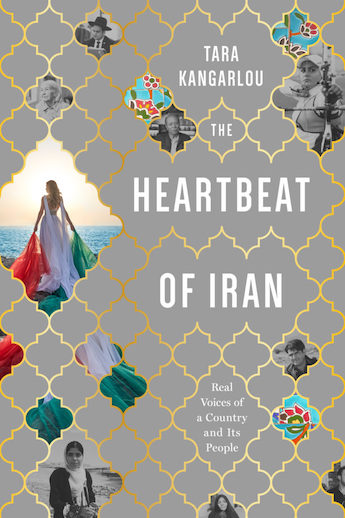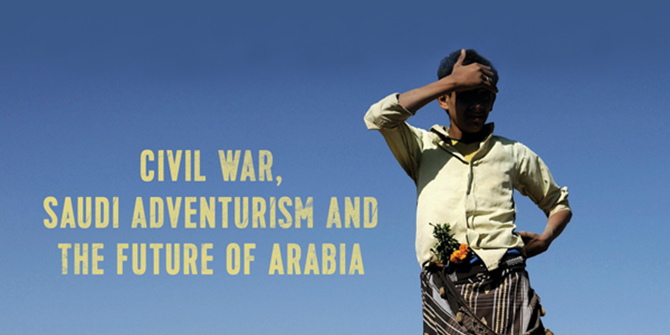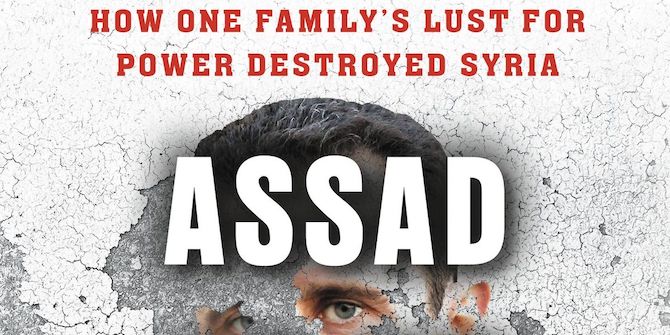by Marc Martorell Junyent
The Heartbeat of Iran (Ig Publishing, April 2021) is an intensely personal book from the off. Tara Kangarlou explains in the introduction that her dual identity – an American who was born in Tehran – is not always well understood. Her book aims to combat simplistic understandings of Iran by allowing readers, especially from the US and other Western countries, ‘to take a glimpse into the hearts and minds of the Iranian people’ (p. 12).
In this endeavour Kangarlou succeeds, since The Heartbeat of Iran forms a rich portrait of the diversity of Iranian society. Each of the 24 chapters tells the story of a different Iranian interviewed by the author. We learn about Iranians from different genders, age groups, sexual orientations, religions, geographical origins, political stances, and socioeconomic backgrounds. Even though – as Kangarlou herself emphasises in the introduction – no single book can fully capture the complexity of Iranian society, her work comes as close as possible to performing such a feat.
One shortcoming is the lack of stories of Iranians living outside Tehran, with most interviewees based in the capital city. This notwithstanding, a sizable share of the book’s chapters are allocated to the stories of Iranians who originate from the country’s periphery. For instance, we learn about Sima Raisi from Sistan and Baluchestan province, a region bordering Afghanistan and Pakistan. Raisi is a blind woman who holds a PhD and devotes her considerable energy to environmental and social activism.
Raisi’s story is among the most impressive presented to us, but there is no shortage of remarkable characters among these pages. One of these is Hooshang Shahbazi, a retired pilot of civilian airplanes who saved 113 lives in 2011 after a successful emergency landing in Tehran’s Mehrabad airport. Airplane emergencies are sadly not uncommon in Iran. As Kangarlou explains, the Iranian government has had enormous problems importing spare parts for planes operating in the country, nor can they renew the fleet altogether – a consequence of sanctions imposed by the US and other Western countries. Shahbazi’s chapter showcases the main strength of The Heartbeat of Iran; the author’s ability to transition smoothly between the personal experiences described and the broader political and social factors that decisively affect them. Kangarlou expertly strikes the right balance to explain the particular through the general and vice versa.
Some of the topics discussed by Kangarlou in connection with the experiences of her interviewees have a global dimension. There is the case of drug addiction, a particularly serious problem in Iran, the country with the highest rate of opium abuse in the world according to the World Health Organization. Other topics are more specific to Iran, such as the complicated access to life-saving medications due to sanctions. Importing these essential pharmaceutical products became even more difficult during US President Trump’s ‘maximum pressure’ campaign against Iran, as documented by Human Rights Watch.
This is a problem that Sonia Abdollahi, an indefatigable doctor, has experienced first-hand. Abdollahi explains that she loves her job but does not always receive fair treatment from her patients due to gender discrimination. The Heartbeat of Iran not only sheds light on social realities normally absent in mainstream media coverage of Iran, but also discusses issues that tend to receive more attention, such as the role of religion in Iran’s politics. In this vein, Kangarlou interviews Mohammad-Ali Abtahi, a cleric who held the post of Vice President for Legal and Parliamentary Affairs in the reformist government of Mohammad Khatami. The former government official was imprisoned during the Green Movement Protests in 2009 and currently devotes his time to writing novels, despite the fact that these will remain unpublished unless he receives permission from the Ministry of Culture.
Tara Kangarlou has written a book that will captivate those who are not particularly familiar with Iranian history, society or culture and encourage them to learn more about the country. Although this is surely the book’s main goal, it will also be of considerable interest to readers who follow current events in Iran more closely. The author’s personal approach to topics usually covered in a more detached way in academic research or journalistic accounts makes for refreshing reading. Kangarlou connects faces – featuring pictures of the different interviewees in the book – and names to general dynamics affecting the country. She succeeds, in consonance with her work’s title, in taking the pulse of Iran.







